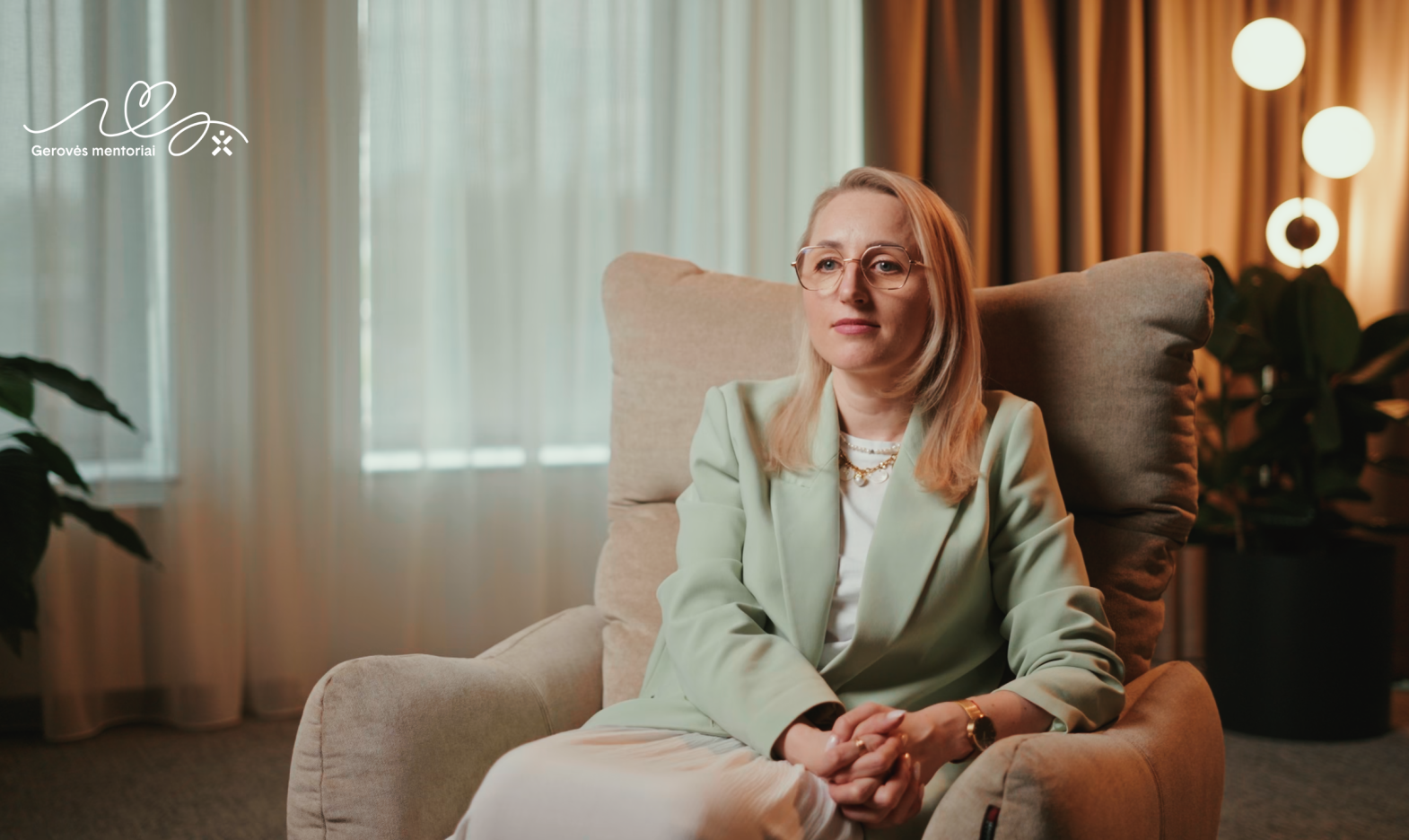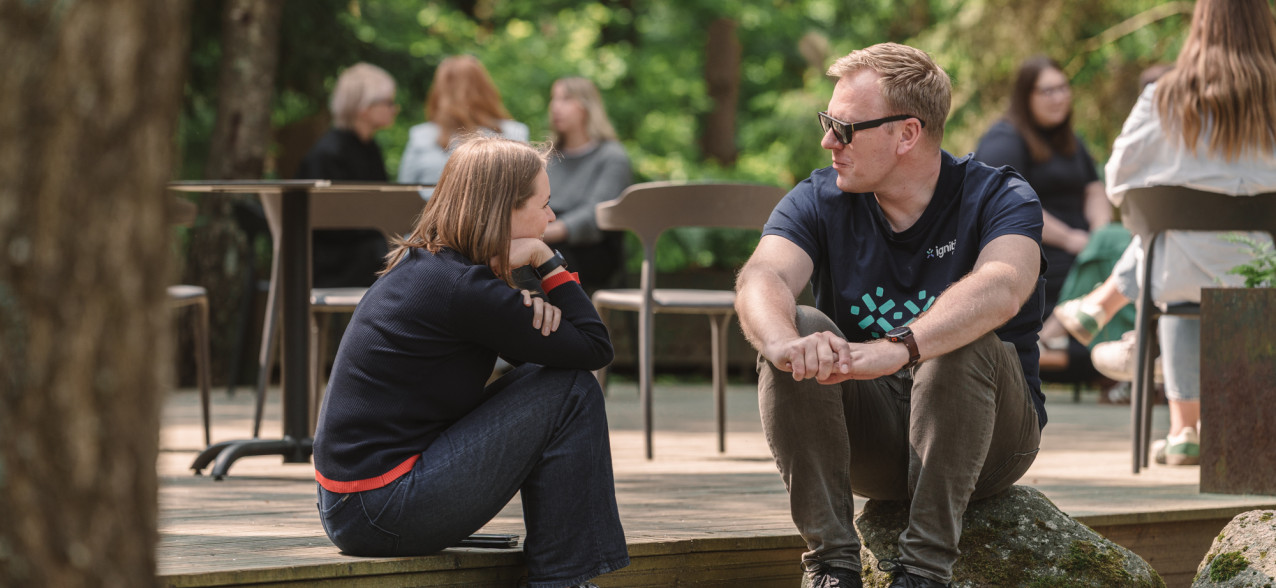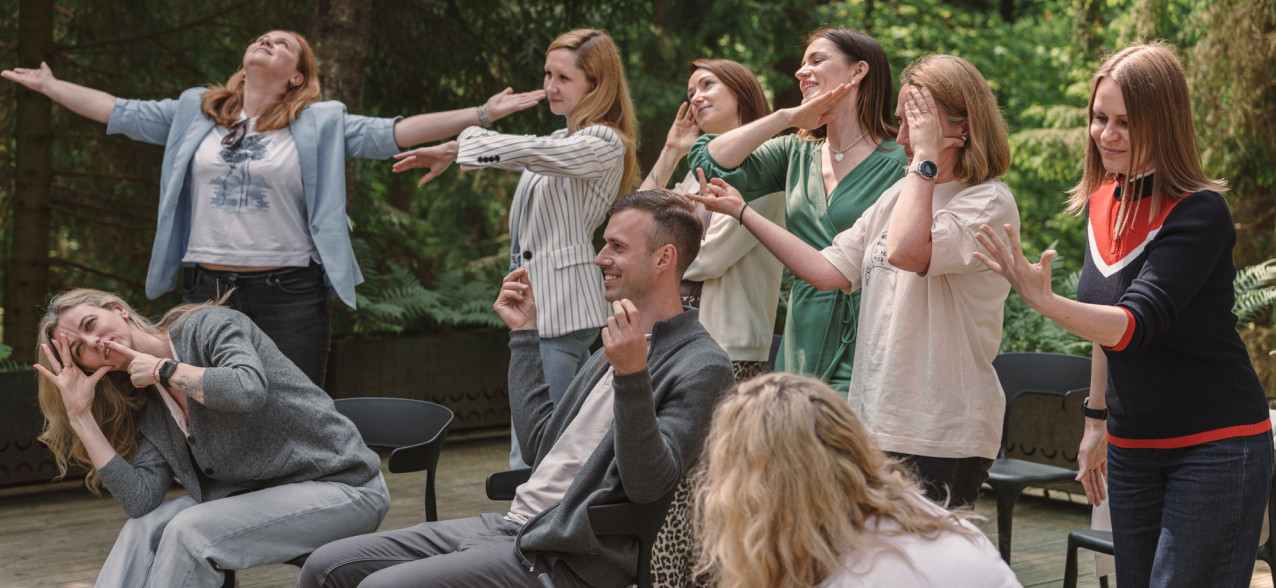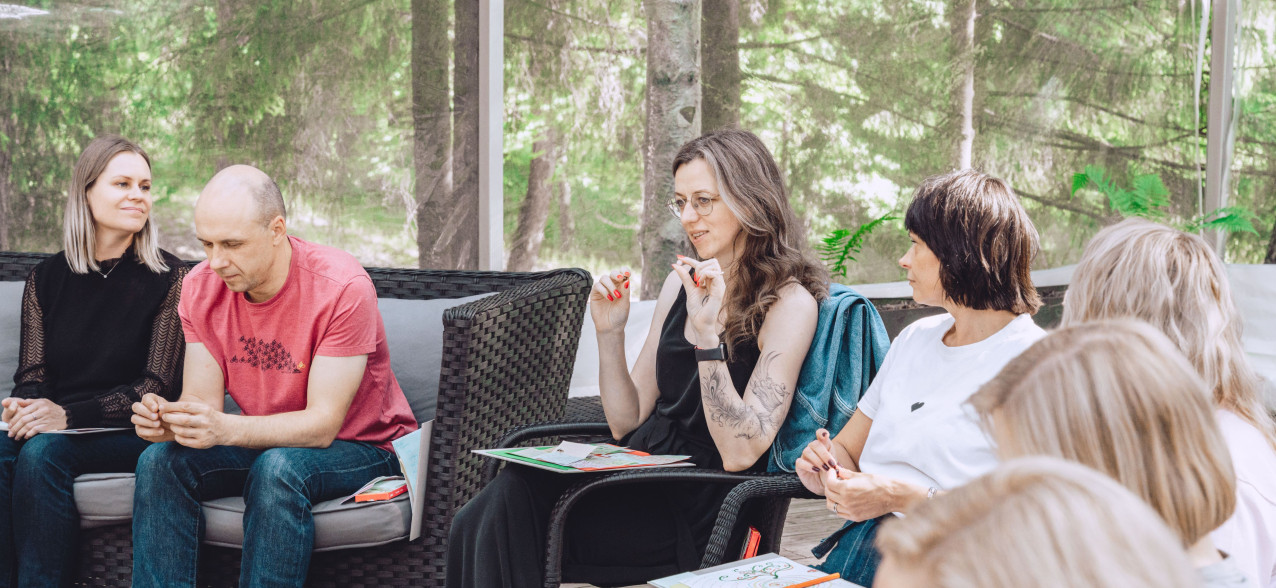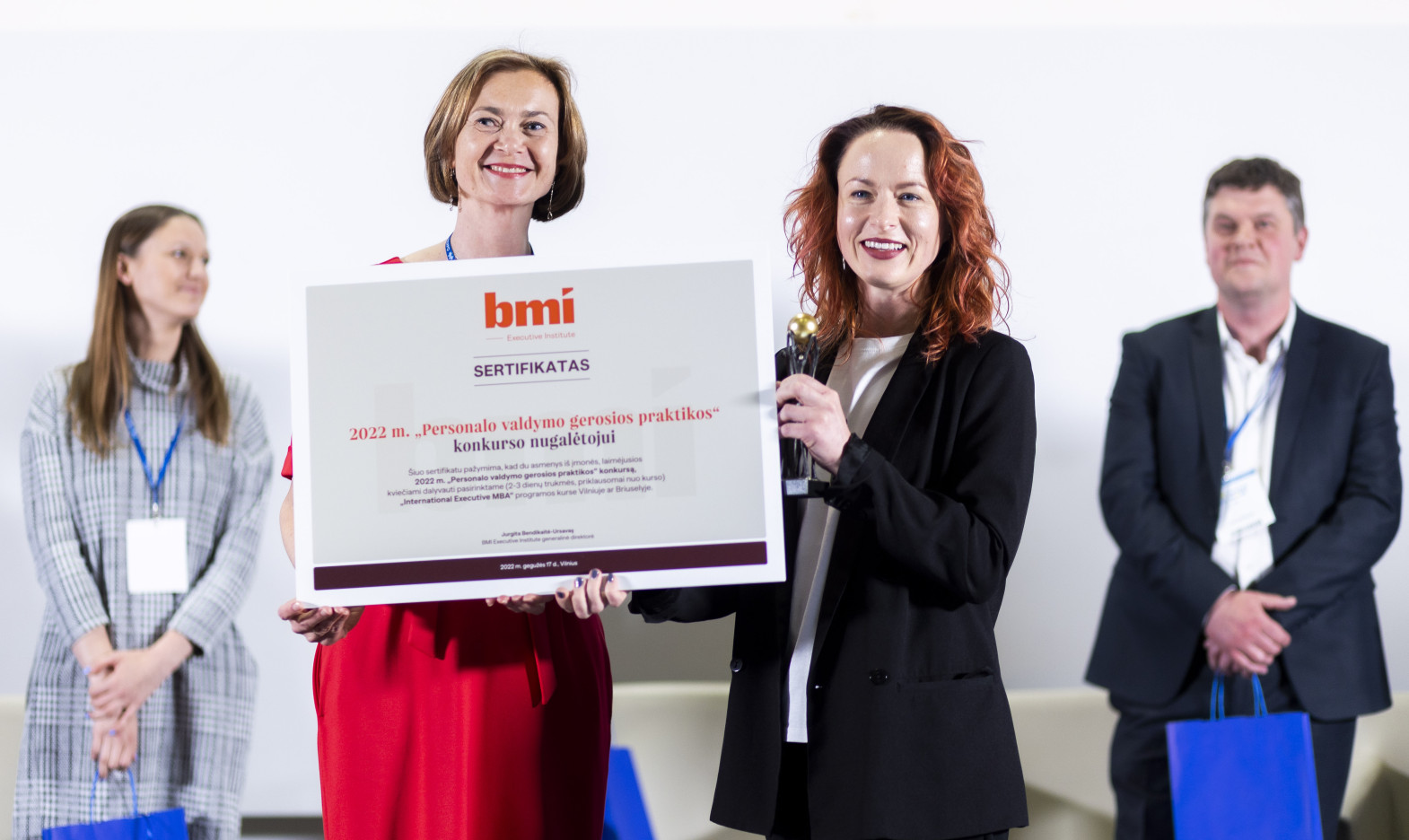In 2022, the well-being mentors project was recognised as the winner of the “HR Management Best Practices Competition 2022”.
This competition has been organized by the Association of Personnel Management Professionals since 2008.
The well-being mentors project was acknowledged as an achievement in creating a targeted well-being ecosystem and as the most outstanding project born during the pandemic, addressing the highly relevant and sensitive topic of emotional health.


